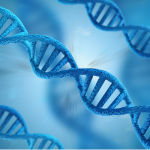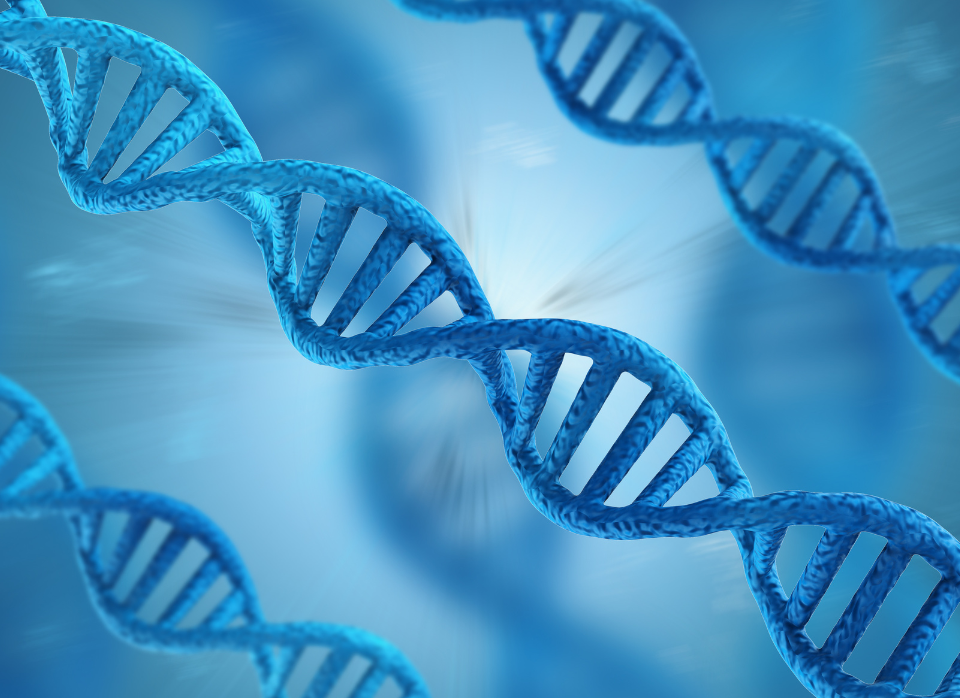
The Summer Season and Its Impact on Eating Disorders
July 1, 2025
Is Bulimia Genetic? Understanding the Roots of This Eating Disorder
July 15, 2025
In recent years, the popularity of weight loss medications such as Ozempic and Wegovy has surged, driven by celebrity endorsements and social media buzz. Originally developed to treat type 2 diabetes and obesity, these drugs are now being used off-label by individuals seeking rapid weight loss, even those without a medical need. But for individuals currently battling an eating disorder or those vulnerable to developing one, the risks are profound. The intersection of weight loss drugs and eating disorders is complex and potentially dangerous, raising red flags for healthcare providers and mental health advocates alike.
Understanding Ozempic and Wegovy
Ozempic (semaglutide) and Wegovy (a higher-dose version of semaglutide) work by mimicking a hormone called glucagon-like peptide-1 (GLP-1), which regulates appetite and insulin levels. By slowing digestion and reducing hunger, these medications can help users feel fuller for longer and consume fewer calories. For people with obesity or type 2 diabetes under medical supervision, this can be a valuable tool. However, for those with disordered eating patterns or distorted body image, these medications may become part of a dangerous cycle.
Ozempic and Eating Disorders: Fueling Disordered Behavior
There is growing concern about the link between Ozempic and eating disorders, particularly among those already dealing with anorexia, bulimia, or binge eating disorder. For individuals with restrictive eating habits, appetite-suppressing medications can further limit their already inadequate food intake. In such cases, using these drugs may not only delay recovery but also exacerbate the physical and psychological damage caused by malnutrition.
Likewise, people with bulimia may be tempted to use medications like Ozempic to avoid weight gain associated with binge episodes, replacing purging behaviors with pharmaceuticals. This creates a dangerous illusion of control while masking the deeper emotional struggles driving the disorder.
Even those in recovery are at risk. The allure of a “quick fix” can trigger a relapse, especially when weight gain—a natural part of recovery—is feared. The normalization of weight loss drugs in media and pop culture only worsens the issue, reinforcing harmful messages that equate thinness with success, happiness, and health.
Wegovy and Eating Disorders: A Similar Threat
Wegovy and eating disorders are an equally troubling combination. Though explicitly marketed for weight loss in individuals with obesity, it is increasingly being sought after by people with normal or even underweight body types. For someone with an eating disorder, Wegovy’s appetite-reducing effects can seem like a shortcut to maintaining a dangerously low weight or avoiding necessary weight restoration during treatment.
More troubling is the potential for these drugs to be used without proper medical guidance. Online “wellness” clinics and telehealth services now make it easier than ever to obtain prescriptions for semaglutide, with little or no evaluation of mental health or eating disorder history. Without a comprehensive understanding of the patient’s background, healthcare providers may inadvertently enable disordered behaviors.
Can Weight Loss Drugs Cause Eating Disorders?
It’s not just people with existing conditions who are at risk. For individuals with poor body image or a history of dieting, weight loss medications can act as a catalyst for the development of an eating disorder. Initially taken with the intent of shedding a few pounds, these medications can trigger obsessive thoughts about food, weight, and control—hallmarks of disordered eating.
Social media plays a significant role in this. Platforms like TikTok and Instagram are filled with testimonials celebrating rapid weight loss with Ozempic or Wegovy, often without acknowledging the medical risks. This glamorization can influence impressionable users—especially teens and young adults—to seek out these medications in pursuit of unattainable body ideals, unknowingly putting themselves on the path to an eating disorder.
The Physical and Psychological Risks
While these medications can result in weight loss, they are not without side effects. Nausea, vomiting, constipation, and even gallbladder issues are commonly reported. For individuals with eating disorders, these side effects can compound existing gastrointestinal problems and cause serious medical complications.
More importantly, the psychological effects of weight loss drugs and eating disorders are insidious. Users may begin to tie their self-worth to their shrinking bodies or develop an unhealthy fear of regaining weight if they stop the medication. This can lead to a dependency mindset, where the drug becomes a crutch instead of addressing the deeper emotional issues that often drive disordered eating.
A Call for Caution and Comprehensive Care
Healthcare providers, therapists, and family members need to be aware of these risks and approach weight loss drugs with extreme caution when an eating disorder is present or suspected. A thorough psychological evaluation should be conducted before prescribing any appetite-suppressing medication, especially in younger patients or those with a history of disordered eating.
Education is also key. Promoting balanced views of health and body image can help reduce the demand for “quick fix” solutions and empower individuals to pursue sustainable wellness instead of harmful trends.
Get Help Today
Ozempic and Wegovy may offer real benefits for individuals with medical needs, but they come with serious risks when used without proper oversight, especially among those with eating disorders. The intersection of Ozempic and eating disorders, Wegovy and eating disorders, and the broader category of weight loss drugs and eating disorders presents a dangerous frontier in mental and physical health. While these medications may suppress appetite, they do not heal the emotional wounds that fuel eating disorders—and, in many cases, they may deepen them.
If you or someone you know is struggling with an eating disorder, it’s essential to seek support from trained professionals who can provide compassionate, holistic care. Recovery is not about shrinking your body—it’s about reclaiming your life.
_________________________________________________________________________________
Looking for treatment for an eating disorder, anxiety, depression, trauma, or postpartum mood disorder?
Evolve Counseling Services is a specialized team of Licensed Therapists providing treatment in Paoli.



